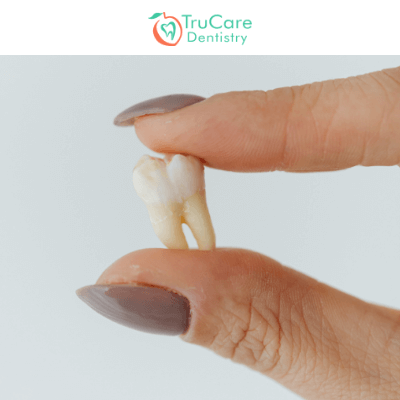
Tooth decay is a prevalent oral health issue affecting individuals of most ages. Many people associate tooth decay with poor oral hygiene and excessive sugar consumption; it is essential to identify that certain diseases and medical conditions also can subscribe to the development of tooth decay. In this post, we shall explore some traditional diseases that may cause tooth decay and discuss the role of dental fillings in preventing further damage.
Common Circumstances That Lead to Tooth Decay
Several factors can subscribe to the development of tooth decay. Here are a few circumstances that may result in it:
- Dry Mouth (Xerostomia): A dried mouth, or xerostomia, is characterized by a low saliva flow in the mouth. Saliva is essential in maintaining oral health by neutralizing acids, washing away food particles, and avoiding the buildup of harmful bacteria. Without sufficient saliva, teeth tend to be more vulnerable to tooth decay. Saliva also incorporates minerals that assist in remineralization, which strengthens tooth enamel. People with dry mouths may experience an elevated threat of developing cavities and must be proactive in maintaining good oral hygiene practices and seeking dental care.
- Autoimmune Conditions: A small grouping of autoimmune diseases involves the human body attacking specific internal organs. It may connect with larger systems, such as the kidneys, and tiny ones, such as the salivary glands. Sjogren’s syndrome, though some conditions possess some impact on the mouth, has probably the most critical link with dental health. Sjogren’s disease causes the mouth to generate less saliva, which has the same implications as diabetes, even as previously discussed. In severe circumstances, patients can stop producing saliva altogether. Due to decreased saliva production, people with Sjogren’s can need to see the dentist more frequently than twice a year to prevent tooth decay.
- Acid Reflux (GERD): Gastroesophageal reflux disease GERD is a chronic circumstance where stomach acid flows back to the esophagus, causing discomfort and heartburn. However, the acidic nature of the refluxed stomach contents can also harm dental health. The acid can erode tooth enamel, making the teeth more prone to decay. Individuals with GERD should take precautions such as rinsing their mouth with water after an episode of acid reflux, maintaining proper oral hygiene, and discussing preventive measures with their dentist.
- Eating Disorders: Frequent vomiting associated with these disorders exposes the teeth to stomach acid, leading to enamel erosion and tooth decay. Additionally, nutritional deficiencies common in eating disorders can weaken the tooth structure and increase the danger of decay. Treatment for eating disorders should involve collaboration between dental and medical professionals to address both the oral and physical health consequences.
- Diabetes: It is a metabolic disorder that affects the body’s ability to regulate blood glucose levels. High blood sugar levels can promote the growth of harmful bacteria in the mouth, increasing the risk of tooth decay and gum disease. Furthermore, individuals with diabetes may experience reduced saliva production and delayed wound healing, worsening oral health problems. Maintaining blood sugar levels, practicing diligent oral hygiene, and having regular check-ups are essential for individuals with diabetes.
After knowing the causes of Tooth Decay, Let’s understand the role of Dental fillings.
The Role of Dental Fillings
Dental fillings are crucial in treating tooth decay and preventing further damage. When tooth decay is detected early, a dentist can remove the decayed percentage to fill the cavity and tooth with a dental filling material. This method helps restore the tooth’s structure and function while steering clear of the progression of decay. Dental fillings are usually made from materials like composite resin, porcelain, or amalgam, concerning the location and severity of the wreckage.
Final Thoughts!
While tooth decay is commonly related to poor oral hygiene and dietary factors, keeping yourself updated on certain diseases’ effects on dental health is essential. Dry mouth, acid reflux disorder, eating disorders, and diabetes are some conditions that may subscribe to tooth decay. Maintaining good oral hygiene practices, seeking regular dental check-ups, and addressing underlying health conditions are crucial for preventing and managing tooth decay. Dental fillings and proper oral care can help protect them from further deterioration and restore damaged teeth.
Remember, a healthier smile starts with a proactive oral health and well-being approach. However, if you’re wondering about emergency dental care in Roswell, GA, or nearby areas such as Sandy Springs, Milton, Marietta, Alpharetta, Dunwoody, or Woodstock, Call us at (678) 321-757 or have a look at our website to contact a professional.
